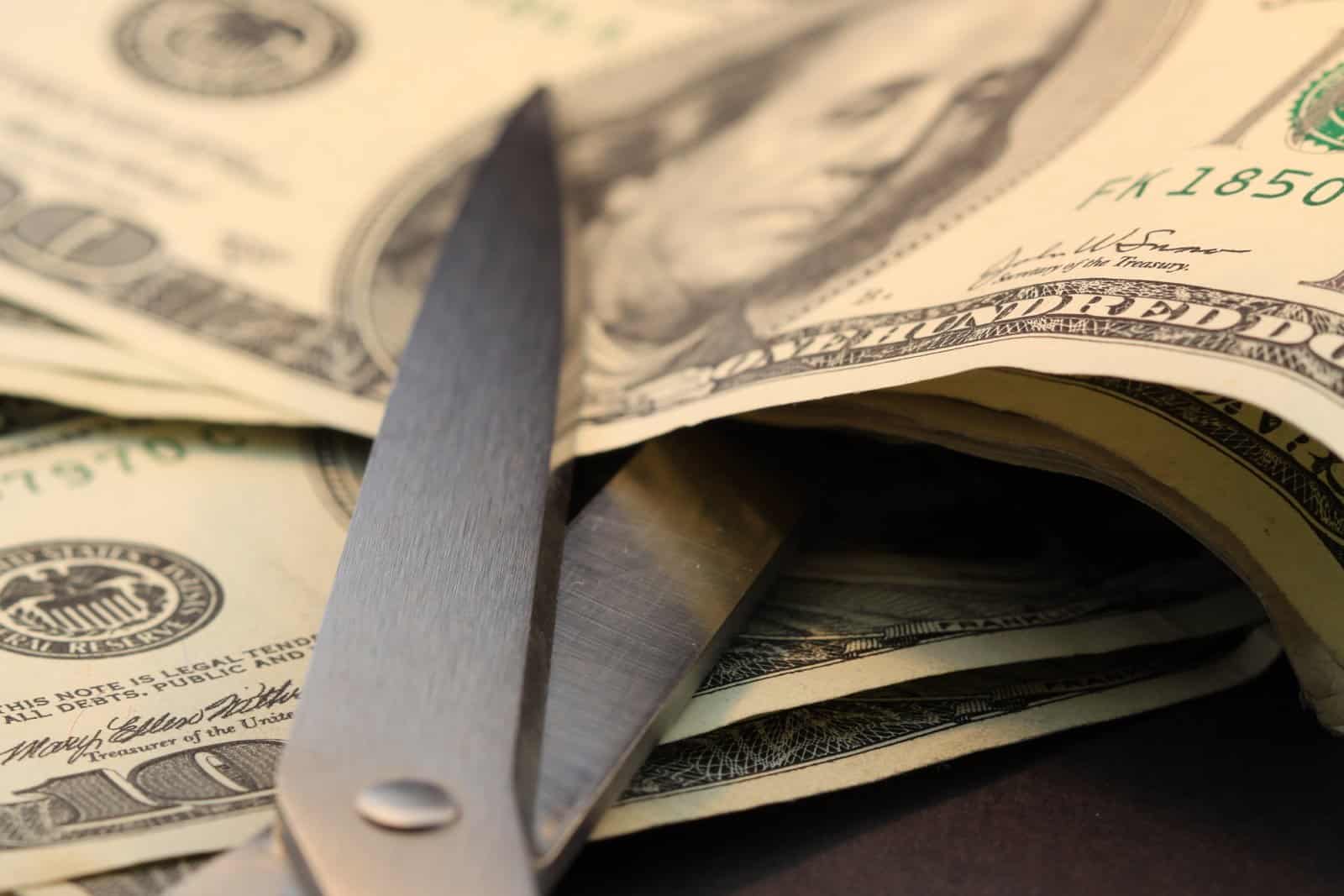California’s financial woes are escalating, surpassing initial projections. Initially, Governor Gavin Newsom anticipated a $37.9 billion shortfall for 2024-2025. However, updated data indicates the deficit could reach $73 billion. While the Legislative Analyst’s Office cautioned of a $68 billion shortage, the actual problem exceeds their estimations.
Not Enough Money and Frustration

The $73 billion shortage resulted from California receiving $24 billion less money than expected.
Governor Newsom and lawmakers have to find a solution, and the first proposal involves cutting $12 to $18 billion from the budget. They might also raise taxes or borrow money.
The Tax Problem: Fighting Hard

Even with lots of pressure, raising taxes requires a two-thirds vote in Sacramento, which makes it quite challenging.
Lawmakers worry about making taxpayers pay more amidst the economic uncertainties and political limitations.
Shifting Strategies: From Reserves to Tax Hikes

California plans to use its rainy day fund and delay spending to reduce the budget gap. Robert Rivas, the Assembly Speaker, says they may consider steep program cuts, which will mean tough times ahead.
Harder Times Without Federal Help

California and other states no longer receive federal pandemic aid, making the situation worse. A study found state income decreased by 4%, with California and New York facing the biggest losses.
While the American Rescue Plan provided relief, states like Utah reduced taxes, adding to revenue concerns.
Understanding Tax Breaks and Money Issues

Many states across the country are trying to balance their budgets. Some states like Arizona, Colorado, and Utah are cutting taxes. But other states like California and New York might need to raise taxes.
Quick Fixes, Not Long-Term Solutions

In California, lawmakers are using temporary solutions. They are putting a stop to spending and using money from savings. But these measures don’t fix the underlying spending issues.
Addressing Labor Costs

Public worker salaries and benefits cost the state $40 billion, a big portion of the budget. Even with the growing number of vacant positions, cutting those costs won’t be enough.
Lawmakers must find a balance to avoid significant cuts to essential services.
Cuts in Important Services

Due to shrinking budgets, lawmakers must make difficult decisions about reducing spending on crucial services like education, healthcare, and social programs.
These potential cuts have raised concerns about how they will affect society.
Taxpayers Apprehensions of Costs

Many taxpayers are worried about possible tax increases because of economic uncertainty. They voice concerns about being able to afford higher taxes and government accountability.
Ordinary citizens may have to pay more to balance the budget, prompting scrutiny of legislative actions.
Disagreements with Unions

Public sector unions are involved in budget negotiations to protect employee rights and benefits. However, lawmakers want unions to accept cuts to reduce deficits.
This might create tension and conflict. As a result, there may be strikes and protests because of the disagreement between unions and the government on these issues.
Economic Storm Clouds on the Horizon

The economy is currently facing tough times, and there are signs that a recession might happen soon. This could worsen the government’s financial problems even as it gets ready for tough times ahead.
Balancing Act: Political Priorities and Realistic Solutions

Politicians from different parties may not always agree, but they need to find a compromise for the budget to work. Both sides have to compromise and cooperate to fix the deficit without compromising essential services.
Citizen Engagement: Advocacy and Accountability

Active citizen participation shapes budgetary outcomes, influencing legislative decisions and priorities.
Holding elected officials accountable fosters transparency and responsiveness in governance.
Looking Far Ahead: Keeping Things Steady

While dealing with present issues, leaders should focus on having budgets that remain stable over time. Making changes and wise financial management leads to steady budgets and economic resilience.
Community Resilience Amid Adversity

Beyond the current issues, leaders need to prioritize long-term fiscal sustainability. Local initiatives and grassroots efforts strengthen social safety nets and support networks.
Investing in infrastructure and innovation lays the foundation for success in the long haul.
21 States Where Squatters Can Legally Claim Your Property

Discover how squatters’ rights, or adverse possession, are more than just legal jargon—they’re stories of unexpected twists in the world of real estate. From sunny California to the historical landscapes of Pennsylvania, here’s how these laws could turn the tables on homeowners and squatters alike. 21 States Where Squatters Can Legally Claim Your Property
14 Things That Are Banned in the U.S. but Totally Fine Elsewhere

Ever feel like America’s rulebook was written by someone with a dartboard? Across the pond or down under, things get even wackier. Let’s take a walk on the wild side of global “Do’s” that are definite “Don’ts” in the Land of the Free. 14 Things That Are Banned in the U.S. but Totally Fine Elsewhere
25 American States Nobody Wants to Visit Anymore

Across the United States, some states capture the hearts and itineraries of many, while others remain quietly on the sidelines, overshadowed or misunderstood. These 25 states, facing what you might call a popularity crisis, are brimming with hidden wonders, cultural riches, and natural beauty, awaiting those willing to look beyond the usual tourist trails. 25 American States Nobody Wants to Visit Anymore
20 Foods That Are Cheaper to Eat Out Than Making at Home

In a world where convenience often wins, certain culinary delights come with a lower price tag when enjoyed at a restaurant rather than crafted in your own kitchen. Here are twenty foods that might save you both time and money when indulged in at your favorite eatery. 20 Foods That Are Cheaper to Eat out Than Making at Home
17 Things You’re Paying For, but You Don’t Have To

In the land of the free, there’s a price tag on everything, but savvy Americans know better than to open their wallets for just anything. Here are 17 expenses you’ve been shelling out for without realizing there’s a cheaper or even free alternative. 17 Things You’re Paying For, but You Don’t Have To
The post California’s $73 Billion Debt: Bad News for Taxpayers first appeared on From Frugal to Free.
Featured Image Credit: Shutterstock / Krakenimages.com.
The content of this article is for informational purposes only and does not constitute or replace professional financial advice.
